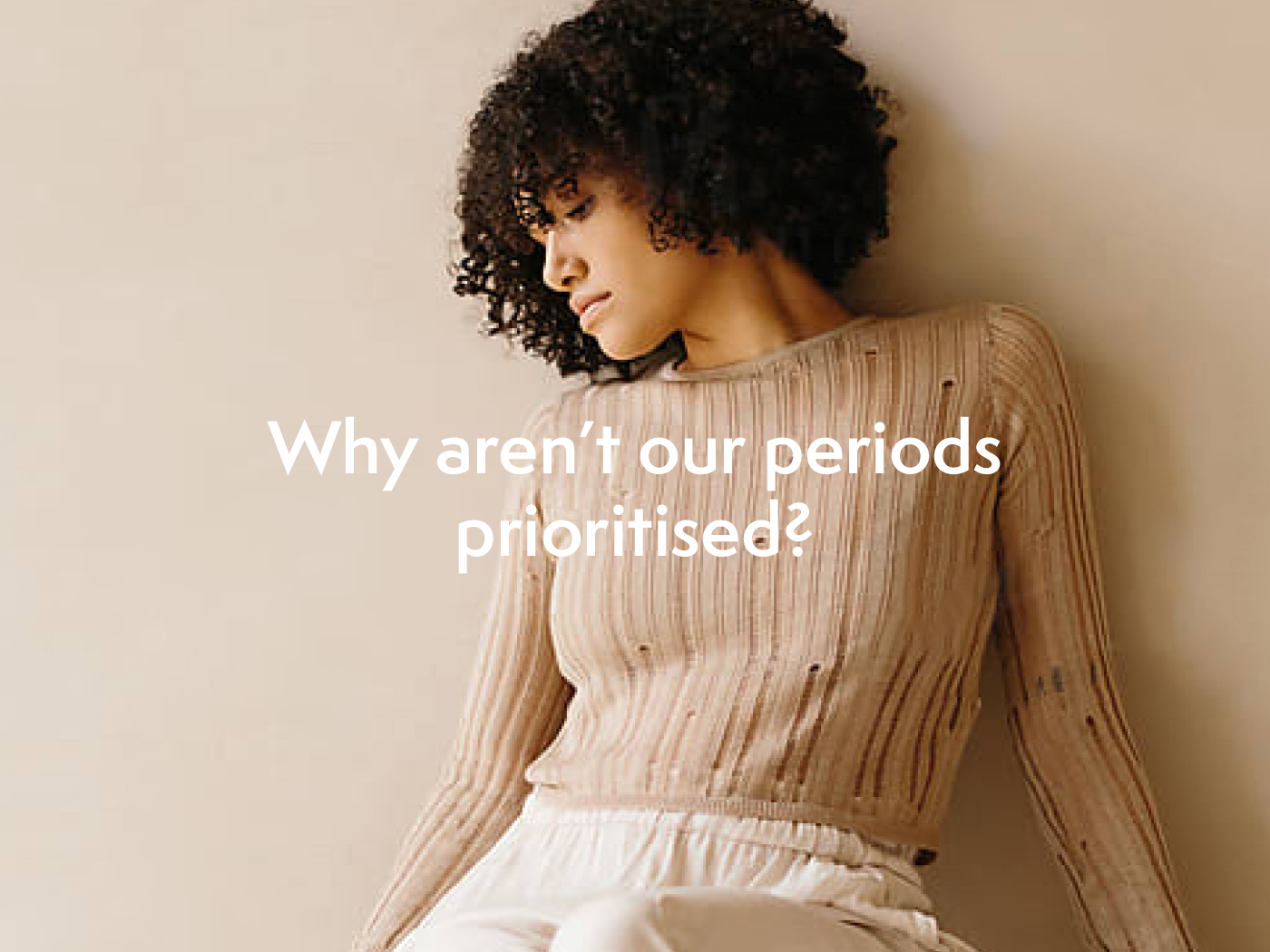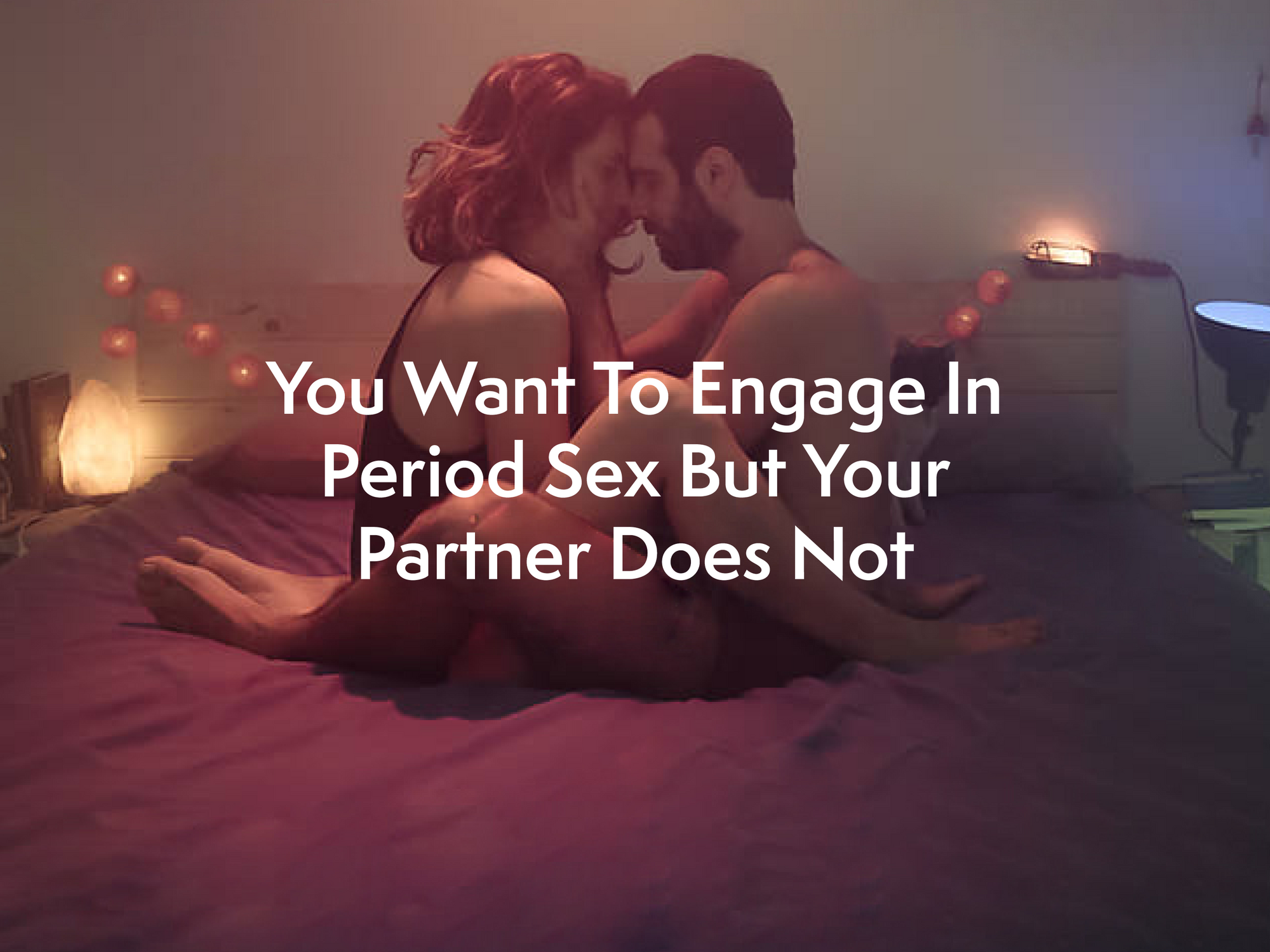Ending my long term relationship with the pill
A couple years ago, I wrote a piece for Fashion Journal about why we don’t take the mental health side-effects of the pill seriously.
With the help of Dr Jayashri Kulkarni, I delved deep into why menstruators who opt for contraception via the pill often have to endure a thesis-length list of potential side-effects.
Nearly two years on from that article being published, I find myself, once again thinking about the pill in particular, why so many women are often prescribed the pill as a bandaid-eque solution to a possibly, much more complex list of underlying issues.
But this time, on a personal train of thought, I’ve been reflecting on my own prescription to the pill - something I’ve been taking every night within a window that’s as close to 10pm as possible, for the last six years.
Lucky for me, I’ve been fortunate enough to have a pretty smooth sailing experience. But for a while now, I’ve been questioning what would happen if I broke off my long-term relationship with this tiny, swallowable thing.
Besides its contraceptive purpose, there was one main reason for me going on the pill; I was suffering from debilitating ovulation pain.
Before taking the contraceptive pill, once a month, I would double over in pain due to excruciating, shooting pain on the left side of my abdomen. I’d have to leave wherever I was, whether it was class, dance rehearsals, or catching up with friends to go home and crawl into my bed; laying in a squirming version of foetal position with the blinds of my teenage bedroom drawn closed.
Ever since starting the pill, these ovulation pains have faded into a distant memory - due to my body, well, not ovulating. Instead of fixing the problem by treating the symptoms, it seemed the only obvious choice available to me was to remove the source of the issue entirely.
In terms of my actual period, I experience a regularly timed bleed once a month and besides bloating the day before day one and a few rogue cramps here or there, I have virtually no symptoms.
But here’s the thing I’ve been ruminating on of late: what if I want to go off the pill?
What if I want to reconnect with my cycle and tap into the natural ebbs and flows of the follicular, luteal, ovulation and menstruation phases for the first time since I was a 17?
My six year-long dependency on packets and packets of this canary yellow purse pal has left me fearful that going off the pill means I might be destined to a life of monthly abdominal nightmares.
I want to clarify, I am a big fan of the pill. It’s consistently worked in my favour, and I’m a massive fan of what it’s done for women’s sexual liberation and bodily autonomy.
What I’m not a fan of is how it might have made us ‘medically lazy’ in the women’s health space. Going on the pill shouldn’t be the only choice we have when it comes to wanting to treat other conditions that deserve more pointed medical attention.
The thing is, although the pill has been working well for me, I feel like I shouldn’t have to choose between treating our symptoms, and masking them.
Women’s Health Naturopath and Author Emma Drady told me that although the pill is first and foremost a form of contraception, it can also be prescribed as a sweeping, do-all resolution that masks a slew of underlying health concerns.
“Some of the main things I've seen it prescribed for are irregular cycles, painful periods, heavy periods, acne, skipping periods for travel or sports, and also conditions such as PCOS (polycystic ovarian syndrome) and Endometriosis,” Emma explained.
“What is important to note with these is that the pill is not a cure or "fixing" these concerns but instead putting them on hold until coming off the pill.”
Emma added that in her experience with her own clients, this ‘pause’ we put on our cycle health symptoms can potentially come back to bite us when it comes to opting out of the pill later on – particularly if fertility and conceiving is on the brain.
“I’ve seen women come off the pill and get a diagnosis of PCOS or Endometriosis in their thirties, which may have developed many years earlier but was unfortunately masked by being on the pill.
“If they weren't on the pill, they most likely would have had a diagnosis far earlier and been able to work on those concerns long before wanting to fall pregnant, meaning they may have had a far simpler fertility journey.”
Even for other concerns beyond fertility, such as acne, heavy bleeding and period pain, Emma said it would be wonderful if women and gender diverse menstruators were educated about the many avenues for supporting health concerns that zoom in on treating specific concerns rather than putting them on hold.
“The options are endless and there is no one-size fits all approach to health.”
When it comes to going off the pill it’s not just the ovulation pain I’m worried about.
Would I be a total bitch off the pill? How would I manage raging PMS that’s been regulated since I was 17? Would I have to endure more cramps? Would my flow get heavier?
When I asked Emma about the benefits and concerns to weigh up when it comes to my inner debate about going off the pill, she said that a lot of women ‘feel like themselves again’ after stopping.
“For many women, the pill can dampen emotions and while that can be helpful for some women who experience things like PMDD (premenstrual dysphoric disorder), having emotional fluctuations is a normal part of the human experience,” Emma explained.
“The other main thing that women express to me when deciding to come off the pill is that they want to understand what is normal for them. After not having a real menstrual cycle for many years, it can be really liberating to witness your body doing a very natural process.”
For me, the idea of deeper understanding of my natural cycle and stronger connection to my body is exactly what is slowly warming me to finally coming off the pill.
“The pill has played a huge role in women's body autonomy and sexual freedom since the 1960s, however, it hasn't changed much since then and with the advancements in technology and science, it feels a little outdated for 2023,” Emma went on.
“For women in situations where it's unsafe to fall pregnant due to certain medications, conditions or environments, the pill is an important and necessary tool. For women who experience debilitating symptoms such as in Endometriosis, the pill can offer a quality of life they may not otherwise have access to.
“The point of these conversations is that we don't want the pill to be taken away, we just want women to have more choice and education on their bodies.”
In echoing Emma’s brilliant insights, I think time we started to get to the bottom of our menstrual symptoms rather than simply defaulting to putting them on pause.
While I’m still 50/50 on whether or not I’ll continue taking the pill, I’m reassured that we’re slowly getting to the point where we can confidently explore all avenues to treating our symptoms without feeling that all hell will break loose should I end this long term commitment to the pill.


